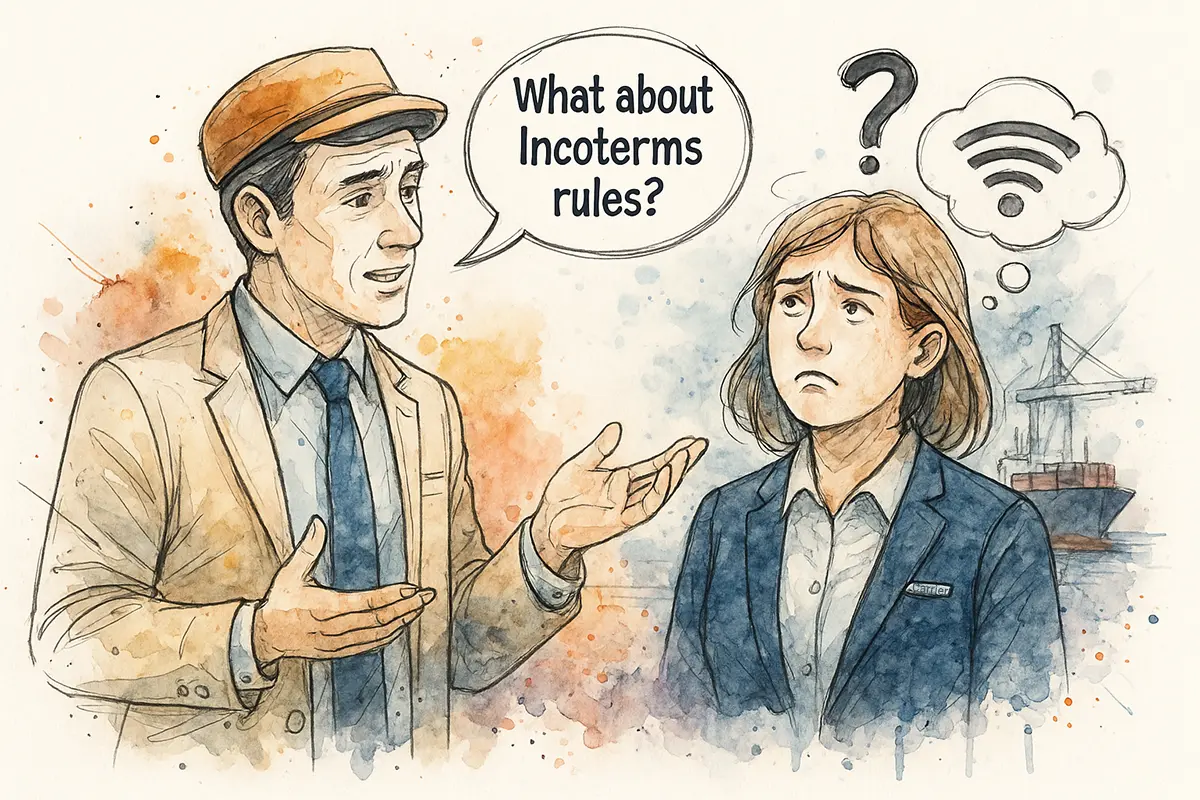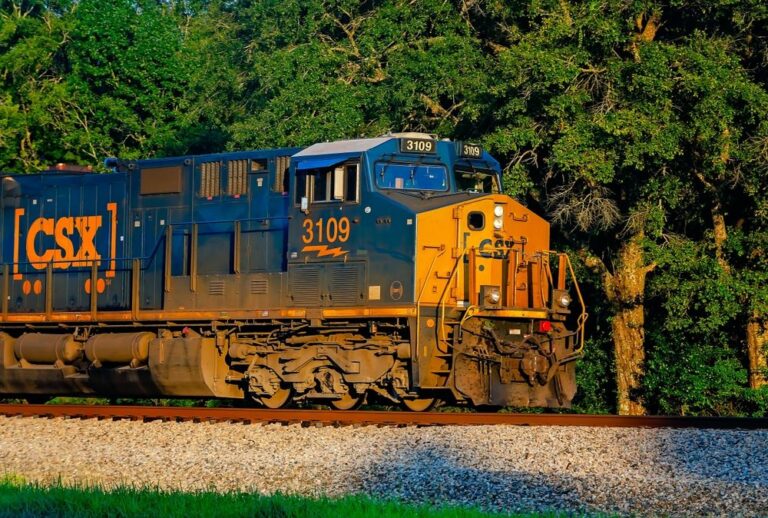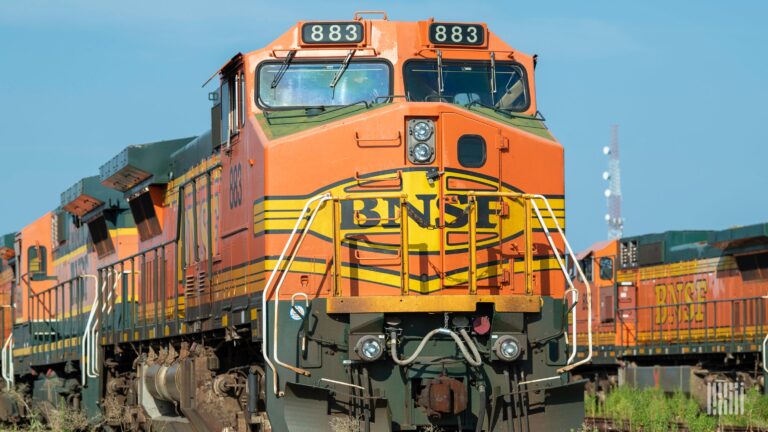
- Is there a connection between Incoterms® and shipping line?
- Should shipping lines be concerned about Incoterms?
- How Incoterms Affects Shipping Lines
These are some of the questions raised by readers who complain that their bookings with the carrier were FCA, FOB, CIF, etc., but the carrier refuses to show this commercial information on the bill of lading.
Let’s analyze the questions with the definition of Incoterms. The ICC (International Chamber of Commerce) defines Incoterms® as follows:
Incoterms®
The Incoterms® rules are a recognized international standard that is used worldwide in international and domestic contracts for the sale of goods. First published in 1936, the Incoterms Rules provide internationally accepted definitions and rules of interpretation for most common trade terms.
These rules are compiled and maintained by experts and experts gathered by the ICC and have become a standard in the regulation of international trade laws. They help traders avoid costly misunderstandings by clarifying the duties, costs and risks involved in delivering goods from sellers to buyers. Incoterms rules are recognized by UNCITRAL as the global standard for interpreting the most common terms in foreign trade.
As you can see from the description above, Incoterms are an integral (though not mandatory) part of the sales contract the seller and the buyer..
Therefore, technically and legally, there is no connection between the Incoterms® rules and the shipping line, as these terms are not part of any contract between the customer and the shipping line.
Remember that a contract of sale and a contract of carriage are two different things.
A contract of sale contains Incoterms® between the buyer and seller, while a contract of carriage is between the customer (buyer or seller) and the shipping line.
However, in practical life, I have seen cases where customers request a shipping line to quote “FOB Durban to CFR Shanghai” or “DDP Shanghai”.
Although the carrier or the contract of carriage has nothing to do with Incoterms, due to the obligations assumed or because of their eagerness to help the customer, some staff in the shipping line’s office may quote the customer upon request.
They do this without knowing the implications of these terms and what to include or exclude in the quote, exposing themselves or the line to the possibility of submitting the wrong quote, with the possibility of a dispute over it later.
For a container carrier, referencing or quoting under the FOB Incoterms® rules can be complicated because the term FOB itself is not the appropriate term to use for containerized shipments.
But the buyer/consignee will use it and quote accordingly, because for them it’s about their costs starting when the goods are on the ship in Durban.
FOB seems to have become an integral part of the container shipping industry Still not willing to forget FOB.. Because it was a term in the industry for so long, it has become like a piece of furniture, like a boiler, and is still mistakenly used for containerized cargo instead of the correct term, which is FCA (Free Shipping).
The term Free Carrier (formerly FRC, now FCA) was introduced in the 1980 edition to deal with this frequent occurrence, but as people are creatures of habit, the term FOB continued to be used.
FOB vs. FOB
There is also a disconnect in what “customers” say is FOB and what “shippers” say is FOB.
Customers understand and refer to FOB as an Incoterms rule where FOB = Free On Board, because in reality, that’s what it is for them.
The buyer has purchased the goods on FOB basis, which simply means that he has agreed with the seller that the costs will be borne by him (the buyer) only from the time the goods are loaded and not before.
For shipping companies, FOB is more of a trade term used in practice to classify shipments that are handled commercially by consignees at the port of destination (FOB) versus those that are handled commercially by shippers at the same port (CIF).
For a carrier, FOB = freight on POD vs. CIF = freight prepaid on POL.
Completely different meanings..
In another “DDP Shanghai” example, if the shipping company indicates in its quotation that it is DDP Shanghai, it is expected to include all costs up to DDP Shanghai, including customs clearance, duties, VAT, etc., which are generally outside the scope of a shipping company’s business.
Therefore, carriers are very reluctant or even strict about showing commercial information on their bills of lading, especially if it includes references to Incoterms and cargo value, as this information is not under the control of carriers.
The carrier does not want to accept the obligations and risks arising from commercial information and Incoterms®, if it is not part of their contract.
Here, “Controlled Merchant” refers to someone who agrees on freight rate negotiations/payments with shipping lines.
Have you come across cases where the shipping line is involved with Incoterms?
The article has been republished with some important updates.



